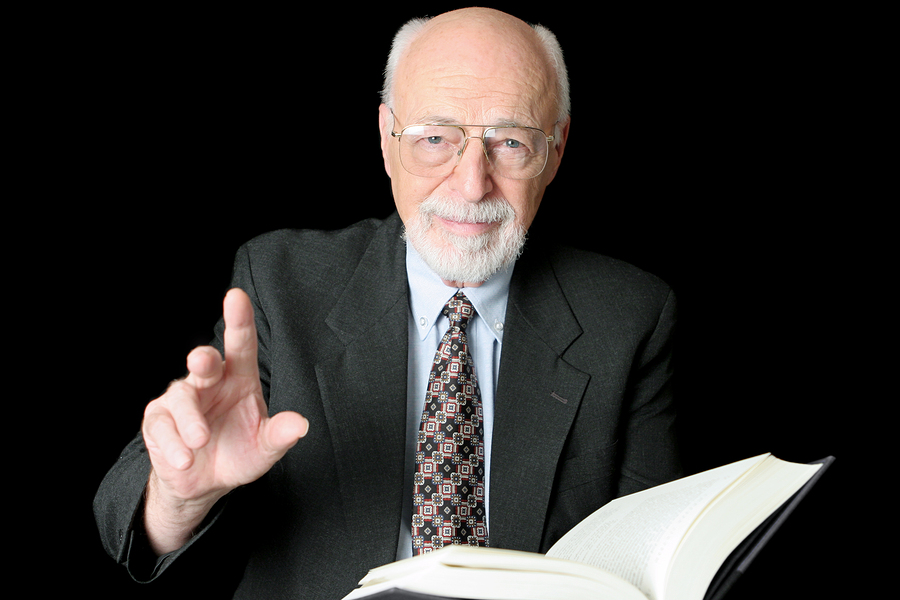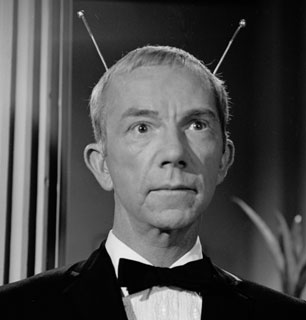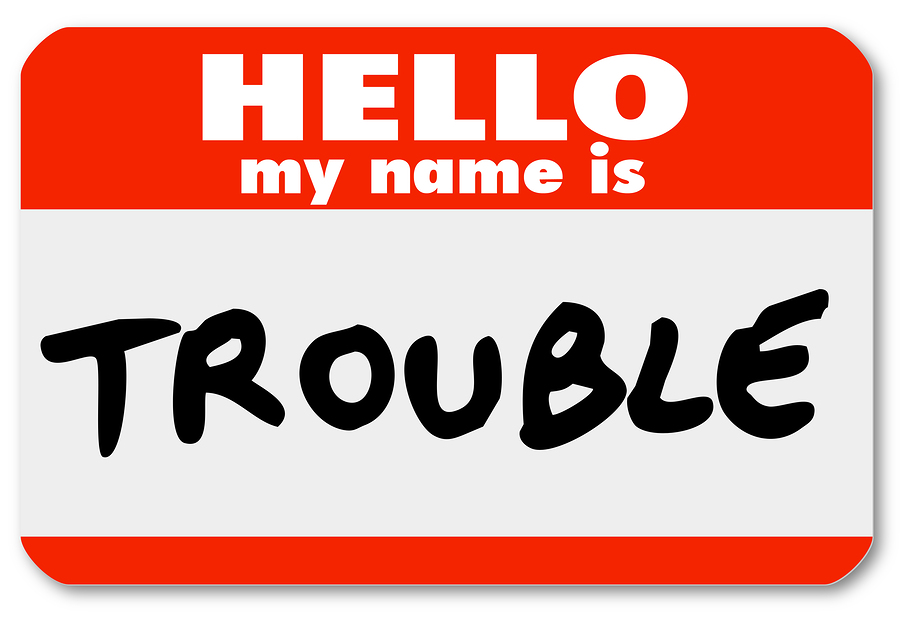We all know how important first lines are in our writing. Those lines set the stage for the readers, creating a sense of dread or anticipation, excitement or contemplation. First lines can capture and transport, or convict and challenge. When I start a book and the first line grabs me, I always get a bit of a charge. If the first line is that good, I have great hopes that the rest will be great.
We haven’t done this in awhile, and it’s always great fun when we do, so I thought today would be a good day to share the first line—and ONLY the first line—of our current writing projects. Fiction, nonfiction, children’s, poetry…whatever you’re working on right now, share your first line with us so we can enjoy!
Here’s mine:
The whole world was on fire.
Your turn!











